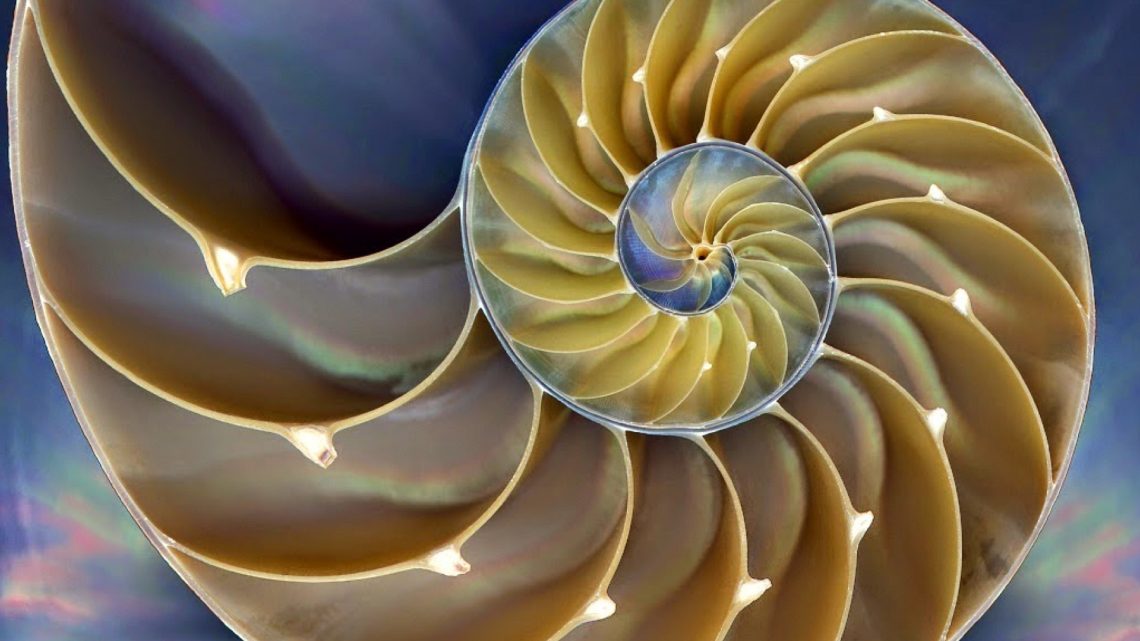
Towards a new medicine. Healthier, sustainable, wiser. Interview with Dr. Marco Del Prete
Medicine, as it is today, leaves many of us dissatisfied or impatient. One-size-fits-all therapies, drugs with side effects that force you to take other drugs in an endless chain. Chronic illnesses that do not resolve. Distracted doctors. Journeys of hope between specialists, each speaking their own language. But things are changing. In this exclusive interview, considerations by a leading scientist on new trends in integrative medicine
A seed for change
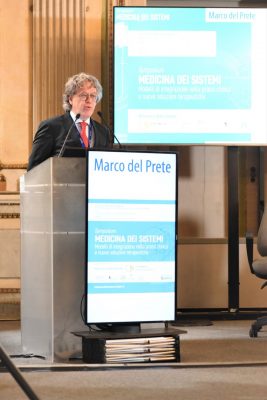
A milestone, or at least a seed for change, was laid last May at the Symposium Medicine of Systems, Models of Integration in Clinical Practice and New Therapeutic Solutions An opportunity to bring academic medicine together with the new paradigm in such a prestigious setting as the University of Milan, and with the nonconditional support of Guna Spa. We talk about it with Marco Del Prete, a physician specializing in nephrology and president of the International Academy of Physiological Regulating Medicine, among the organizers of the Symposium. Towards a new medicine. Healthier sustainable wiser.
Reductionist medicine versus holistic medicine: two sides of the same coin?
Q. The recent Symposium had as its subtitle A new paradigm in medicine: from the reductionist approach to the systems approach to place man in all his complexity at the center. In this sentence are key words from two different worlds. On the one hand, the reductionist approach: simply put, the Medicine that sees the body as a machine, with its spare parts, and the disease to be treated with “one-size-fits-all” protocols. On the other hand, the systems approach, typical of Holistic Medicine, which sees the sick person as a unity of mind, body and spirit, and therapies to be tailored to the individual who is at the center of it all. These seem like two irreconcilable realities.
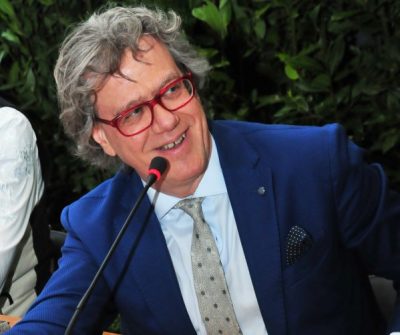
A. Instead, I think they are two sides of the same coin. In clinical practice, when you are presented with a patient, you have to be able to choose which attitude is best. There are situations where the emergency requires a direct, reductionist approach. A person comes in complaining of sudden pain, with an alarming rise in blood pressure. There the physician cannot stop and think too much; he needs direct interventions, shared by protocols. Other times, however, these manifestations of discomfort are the telltale sign of a chronic recurring or evolving problem. These are the cases where we are dealing with chronic or degenerative diseases. These are complex situations, and we physicians are called upon to understand what lies beneath. Personalization, thus the systems approach, then becomes a necessary solution.
Choosing what is best for the patient. Towards a new medicine. Healthier, sustainable, wiser
Q. Can you give us an example?
A. Sure, I am telling you about my experience as a nephrologist. Today, when I see a nephrology patient, I can no longer just consider the functioning of his or her kidneys. I necessarily have to take an interest in, for example, his or her bowel function, because we know that this affects renal hemodynamics and pressure control. In a sense I am trespassing on my specialty, but it is essential to frame the problem and personalize the therapy.
Even working as a team, the concept of specialism must be overcome. It is time to think of medicine as an open space where it is possible to have opportunities for even conceptual exchanges, all as equals. I give the example of inflammation, a kind of lowest common denominator of many diseases. Today, inflammation is considered a widely shared terrain, in respect of which different specialists, from their point of view, must necessarily confront each other.
One-size-fits-all protocols or personalized medicine?
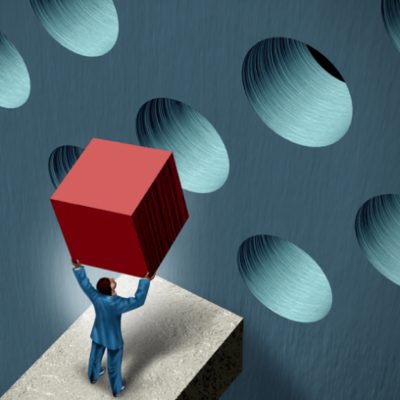
Q. You are among those physicians who have done a lot of thinking and opened up their horizons, also changing over time their approach to patients. You have become a homeopath and a homotoxicologist, now using promising Low Dose Medicine that we will talk about after. In short, thanks to your experience you are now a physician open to all possibilities of conventional and complementary Medicine. I see it difficult, though, for a physician accustomed to protocols to be open to this kind of thinking.
A. I may surprise you, but I am very optimistic. My impression is that sharing is an unavoidable goal. From this point of view, the Symposium was very interesting. Doctors who came from different, very specialised backgrounds faced confrontation and complexity. Protocols are part of a defensive system, in the sense that the doctor feels protected by shared gestures and guidelines. But this attitude is not working even with patients, who are extremely disoriented. They come and say: <You prescribed calcium for osteoporosis but my doctor said I have to cut down on cholesterol- and calcium-rich foods. Why don’t you come to an agreement?> We come up against contradictions like that every day, so I think change is a necessity. And I think that sooner or later even the most ‘resistant’ doctors will come around to this different approach.
Medicine that puts man at the center: the new goal. Towards a new medicine. Healthier, sustainable, wiser
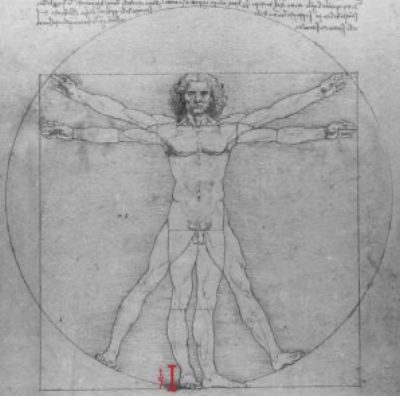
Q. The other key concept, which closes the circle somewhat, is ‘putting man in his complexity at the centre‘. So let’s talk about personalisation. Today, there is a great deal of focus on ‘tailor-made’ therapies, tailored to the individual because it has been seen that they work best. But how do we arrive at these therapies?
A. Diagnostics is crucial. Today, progress in diagnostics is so advanced that it will force us to take different attitudes. We spoke at the Symposium about omic sciences, they sound like abstruse concepts but on the contrary they have very practical implications. Thanks to metabolomics for example (the systematic study of the chemical imprints left by metabolic processes) we know that our urine contains at least 150 thousand different metabolites. But it only takes three of them to form a particular pattern and show that a person is at great risk of developing diabetes. It’s like a fingerprint. At that point I have to take action. As a patient I have an awareness that concerns my person, not a statistical average. And I, as a doctor, have to choose a predictive strategy with respect to this risk.
If “big data” control everything. Towards a new medicine. Healthier sustainable wiser
Q. Could such sophisticated diagnostics, perhaps managed by artificial intelligence, not be too deterministic? To say, if normal laboratory tests show high cholesterol, I go on a diet, like many other people in my condition. But wouldn’t such precise and personal data certified by a machine be a kind of verdict?
A. Well, first the data must be processed, then put in the hands of the doctor who will necessarily have to filter it according to the patient’s reality. It will be an extra tool that may seem unnatural now but which will have to be calibrated in relation to the patient. Let us then remember that if our frame of reference is systems science, we will have to relate to that particular patient in his or her complexity. It would not be enough if I only gave my patient the prediction of a risk, then I would also be giving him a new opportunity for anxiety. The problem is that the philosophy behind it has changed. Towards a new medicine. Healthier sustainable wiser.
Lights and shadows of digital health, or e-health
Q. One more question on this issue. We are rapidly moving towards the era of e-health, that is, of digital health. A lot of technology, huge investments by pharmaceutical companies, but perhaps little ethics. Doesn’t the patient then risk becoming a number in the midst of so many statistics? Being “used” by these artificial systems and losing control of his or her health? All the more so if the big companies in the sector manage “big data” …

A. These are important and very timely questions. And we need to keep our eyes peeled to prevent misuse of new technologies. But believe me, it’s not that simple. Let’s think about the genome project, one of the greatest scientific achievements of recent times. If it taught us anything, it is precisely that having a keyboard is not the same as playing music. To understand music we must enter the complex plot between mind and body, the one that is analysed by P.N.E.I. (psycho-neuro-endocrino-immunology, the discipline that studies the bidirectional relationships between psyche and biological systems) and by Medicine of Systems. All these medicines believe that any pathology and objectivable risk cannot ignore the patient’s reality. And a more interactive and not just statistical relationship must be built with the patient. It has to be worked on, and we all have to learn how to do it.
The importance of doctor-patient communication. Towards a new medicine. Healthier, sustainable, wiser.
Q. Speaking of the doctor-patient relationship, you stressed the importance of narration, of communication.
A. Certainly. A relationship of collaboration and exchange of opinions must be created with the patient. Knowledge is not just collecting anamnesis but letting the patient tell his own story. Mexican curanderos are not looking for the cure but for the reason for the disease, which in itself is a cure: there is already an awareness in the way of communicating, and this is therapeutic. The direct relationship is also fundamental.
You see, during the pandemic it was necessary to see each other through telemedicine but I didn’t really like it. There is a need for a direct relationship, smell, posture, gestures. On the screen we don’t see the real person but a kind of ghost. Then, I must say that I am an advocate of physical examination. Even when we have sophisticated data, a liver palpation is as important as an ultrasound or a fibroscan… Towards a new medicine. Healthier sustainable wiser.
Low Dose Medicine, the future is already here

Q. Let’s talk about Low Dose Medicine . An innovative research field that has brought to the pharmacy a class of medicines formulated with low physiological doses of biological molecules, such as cytokines, interferons and many others. These molecules have to do with our immune system. Can you explain how?
A. We have realised that in order to be able to interpret the complexity of biological systems, and of the immune system in particular, we must study its language. It is communication that makes an immense galaxy such as a person’s body-mind combination more accessible. We can think of biological molecules as if they were words. The idea is to use them to reprogram those systems that have somewhat lost their way. Now, we realise that the biological system incredibly works homeopathically, it speaks at very high dilutions of nanograms, picograms, femtograms. It does not shout but whispers. Studies have shown that LD (low dose) stimulates certain biological processes.
This is research of extraordinary interest. Thus, a regulatory pharmacology was born that uses ‘words’ to reprogram systems that have gone astray. Going down to clinical practice and with regard to the immune system, we have seen that these therapies work very well for autoimmune diseases, inflammation, allergies. Here, then, we can insert compounded drugs from the homotoxicological tradition that are well suited to interface with a complex reality and also work very well. Towards a new medicine. Healthier sustainable wiser.
Healthyier sustainable, wiser medicine. But is it achievable today?
Q. The new Medicine is therefore healthier , because it does not interfere with the biological mechanisms of the body. It is sustainable because it uses very diluted drugs , which do not create adverse effects. It is wise because it involves the patient. But the recent experience of the pandemic has shown us that we are still far from this model . In fact, everyone was given the same products without distinction, without any regard for the individual, or his specific characteristics which could predispose him to adverse events.
A. It’s true, but I’ll tell you: I’m not surprised that the new paradigm we just talked about is born right now that we are immersed in its exact opposite . Because we all lack air . It is when there is no air that you have to open the windows . Doctors like me who have been dealing with Holistic Medicine for many years find all this normal, but personally it seemed special to me to hear at the Symposium of Chair Directors who expressed themselves neatly, bringing research that validated our approach, and then signed a mission statement. Towards a new medicine. Healthier sustainable wiser.
The time of change and the symbol of the Tao
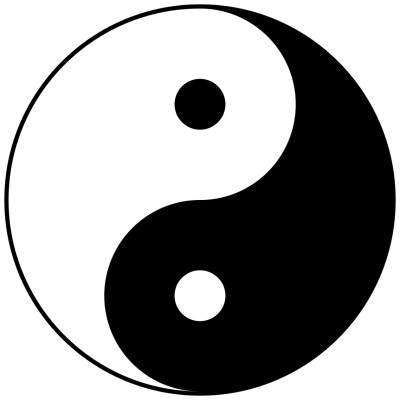
I said to myself, maybe we have reached the limit! And it is not a choice of some but a direction that reality is taking , because in this way we can no longer go on. I am reminded of the oriental symbol of Tao , which is the symbol of change. In the white half there is a black dot and vice versa.
It means that in every situation its opposite is already present , ready to occupy the whole half, in a continuous change. In nature we see it when at the end of summer you already find the presence of autumn, with the first falling leaves. In Biology in the phenomenon of inflammation: in the process that creates it, there are already molecules that are needed for its resolution. It is the intelligence of nature and, with our medicine of systems, we are trying to imitate it . Or at least to get close to it.
Nautilus: why I choose this shell to illustrate the new medicine
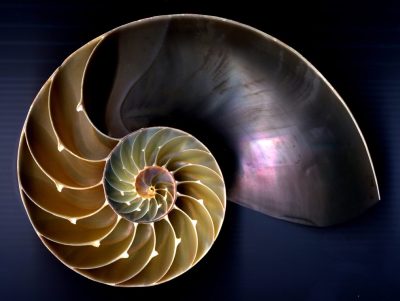
Nautilus is a shell of extraordinary beauty. The perfection of its internal spiral obeys the rule of the golden section, and expresses the sense of a divine proportion. The same according to which our body is also built.
This shell lives at great depths growing for long years while the shellfish moves from room to room in the shell sections. The perfect coexistence between clam and shell, and between the shell and its environment, the sea, is regulated by sophisticated mechanisms based on a balance of hormonal and saline substances. Trace amounts of substances, orchestrated by the wisdom of nature, form the complex reality of the Nautilus, and the secret of its longevity. Will a healthier, more sustainable and wiser medicine bring us to this perfect harmony?
© All rights reserved